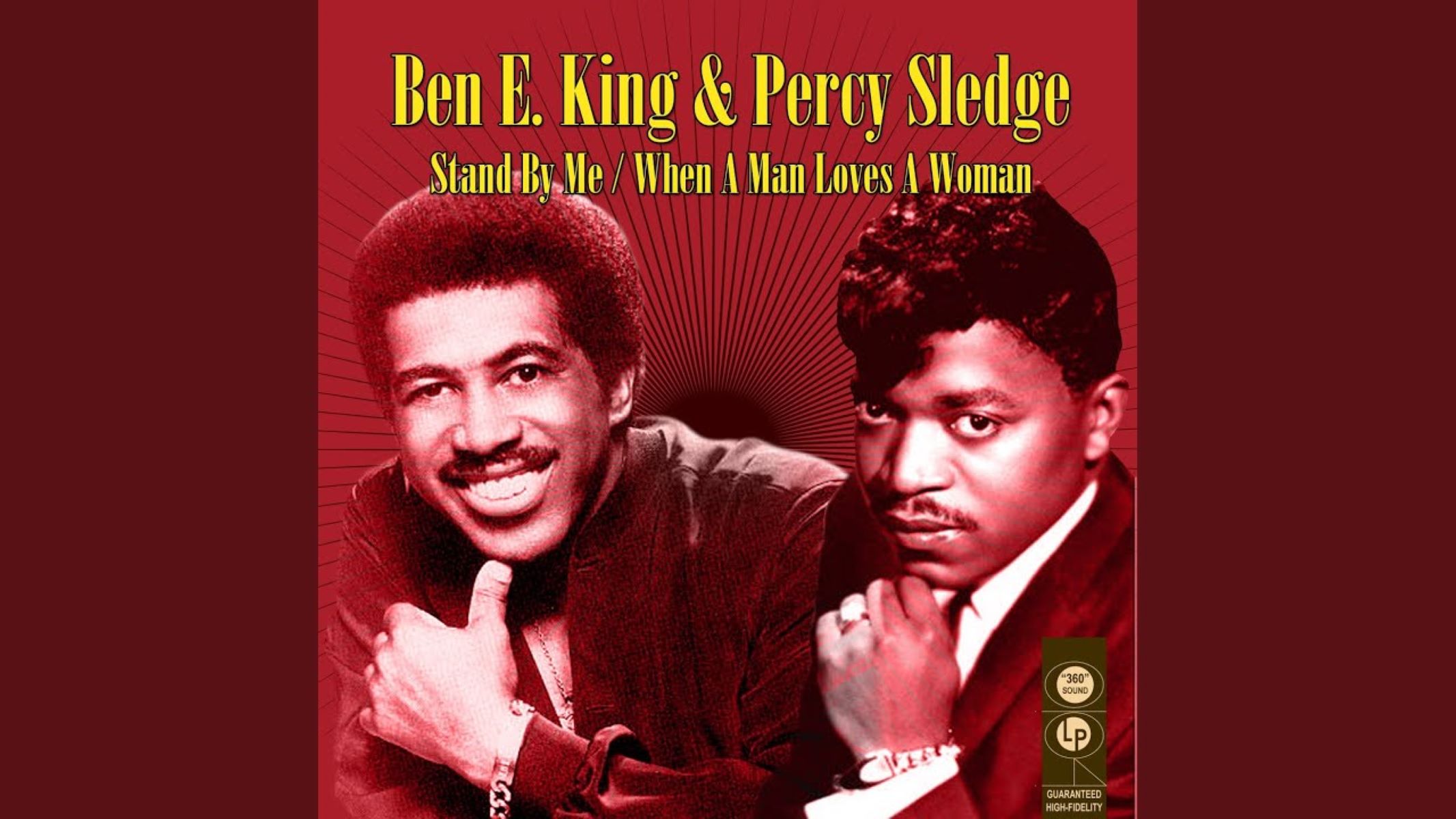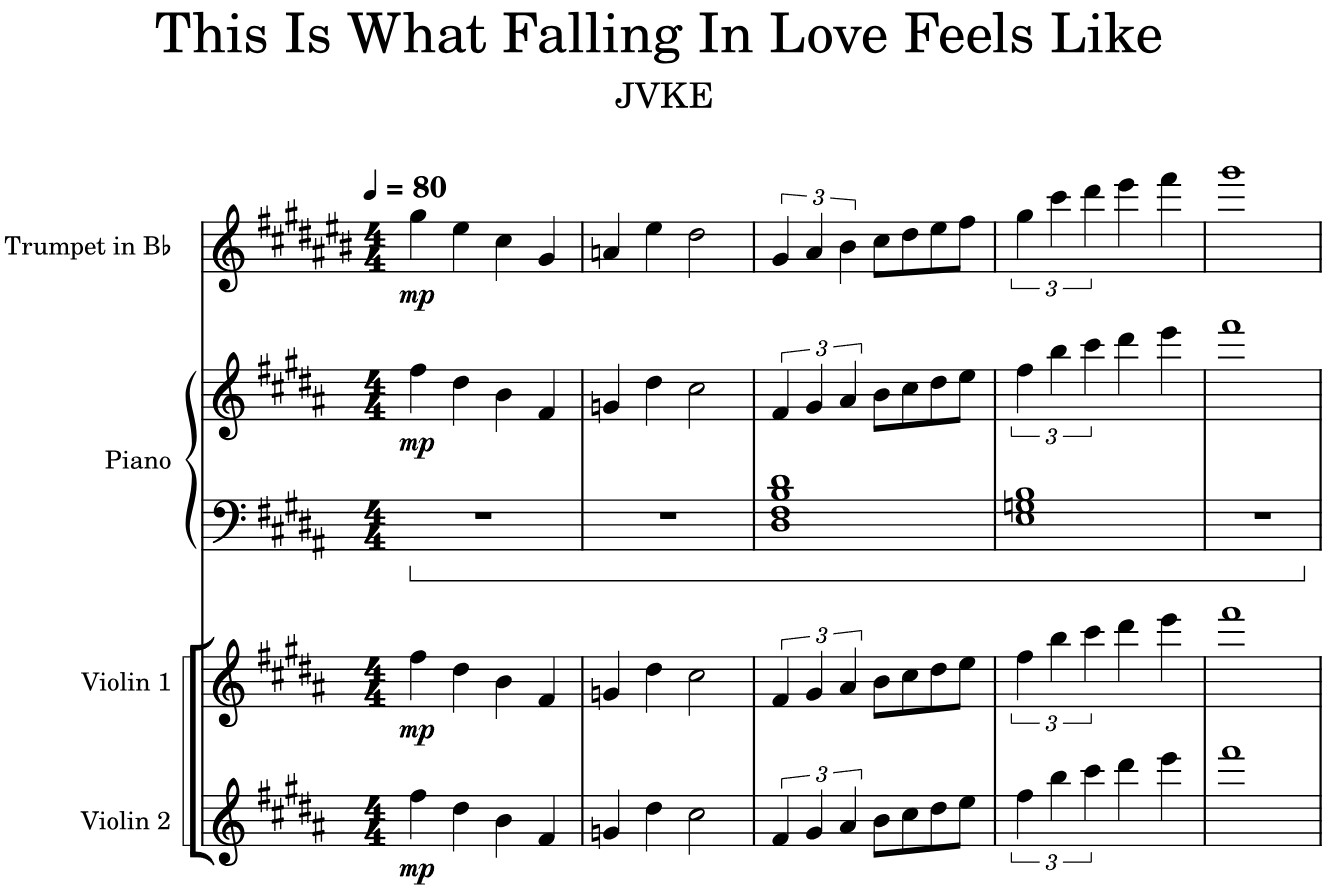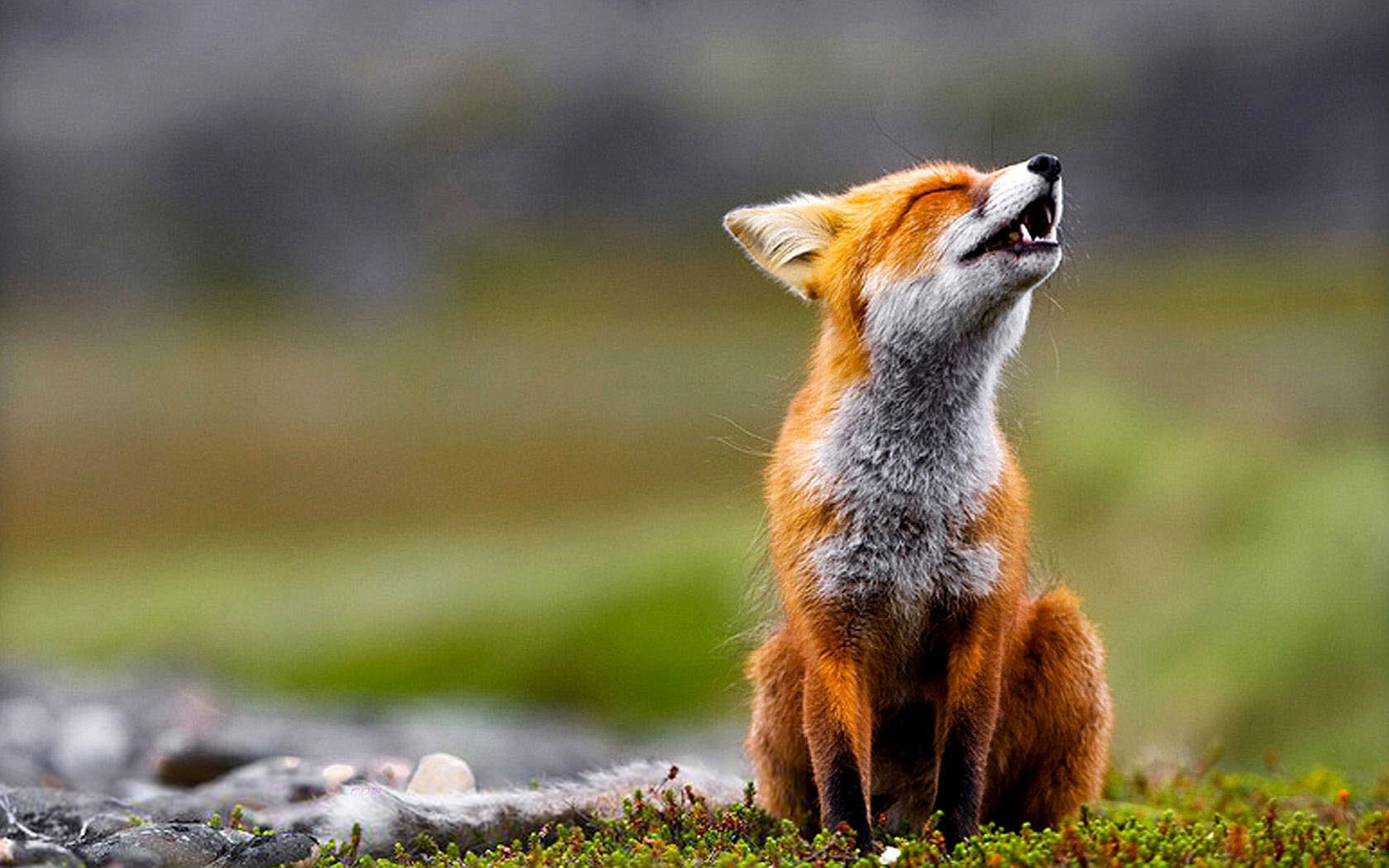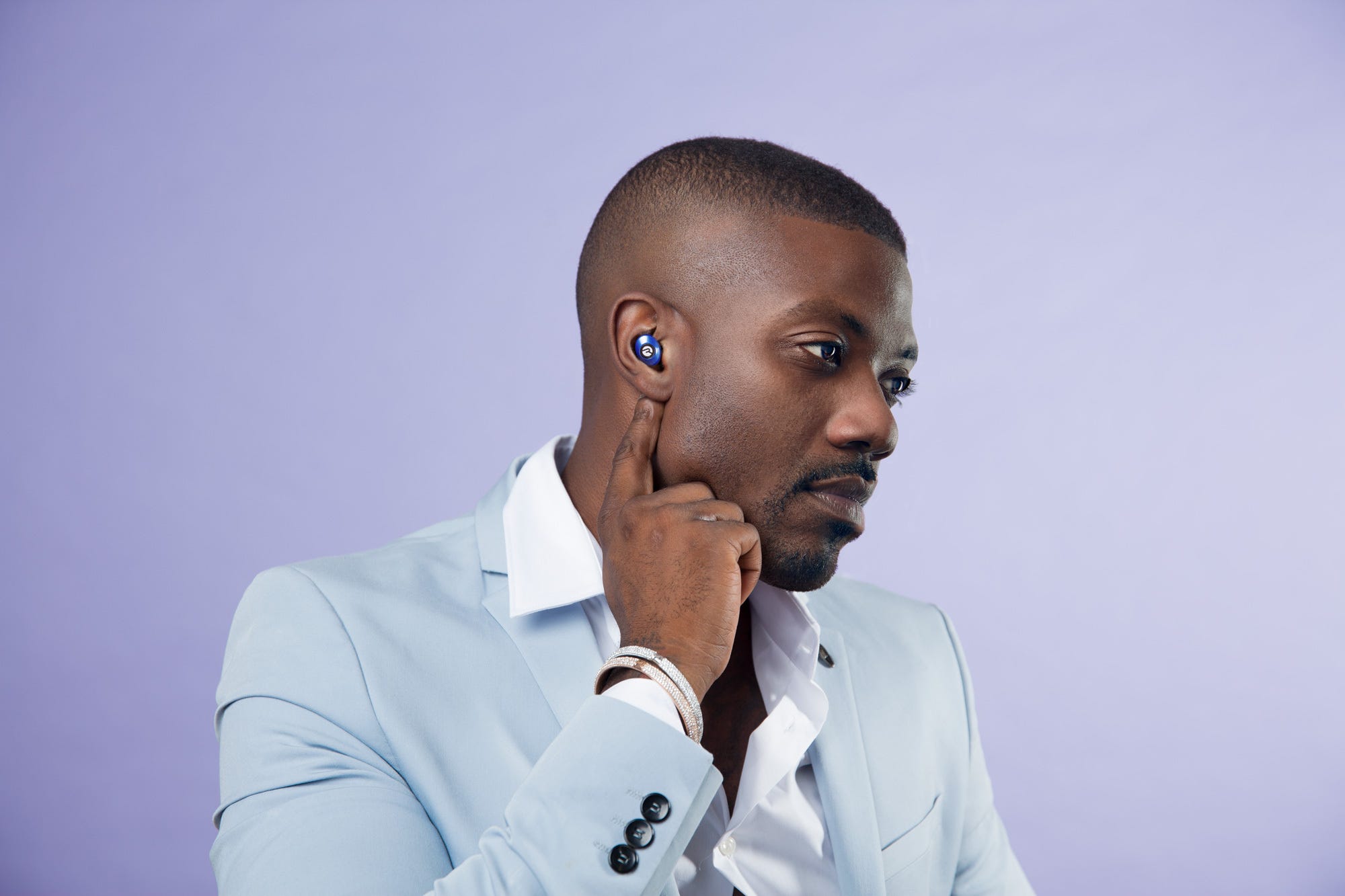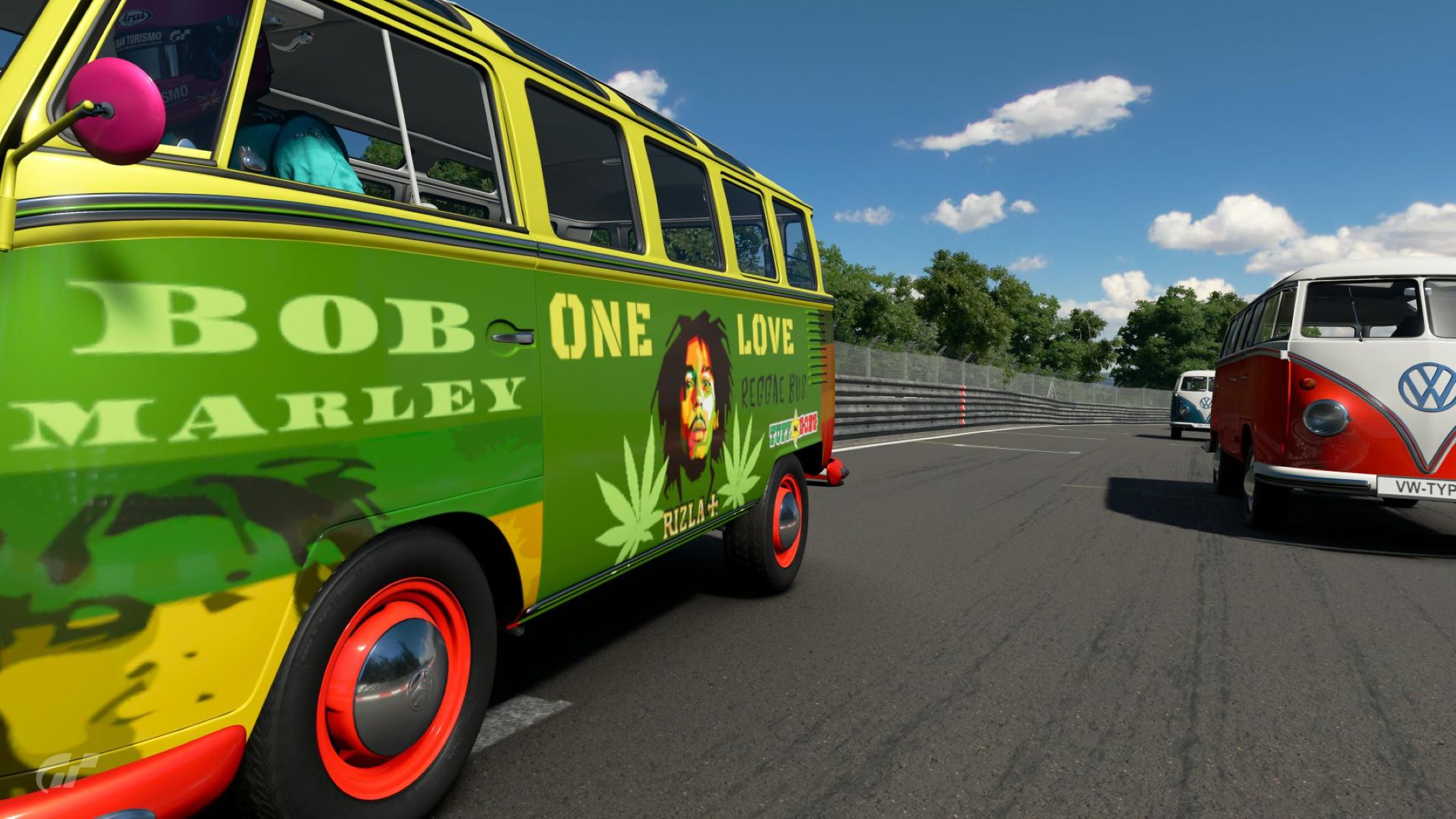

Reggae
Why Do People Like One Love Reggae Music
Modified: February 15, 2024
Discover the essence of Reggae music with One Love. Explore why people are drawn to this rhythmic genre that encompasses soulful melodies and positive vibrations.
(Many of the links in this article redirect to a specific reviewed product. Your purchase of these products through affiliate links helps to generate commission for AudioLover.com, at no extra cost. Learn more)
Table of Contents
- Introduction
- History of Reggae Music
- Influence of Rastafarianism on Reggae Music
- The Unique Sound of Reggae Music
- Lyrics and Message in Reggae Music
- One Love: The Universal Message of Reggae Music
- Reggae Music and Cultural Identity
- The Role of Reggae Music in Social and Political Movements
- The Global Appeal and Popularity of Reggae Music
- Famous Reggae Artists and Bands
- Conclusion
Introduction
Reggae music is a genre that has captured the hearts and souls of people all over the world. Originating in the vibrant island of Jamaica in the late 1960s, reggae music has evolved into a global phenomenon, spreading its infectious rhythms and powerful messages of love, unity, and social justice.
What sets reggae music apart is not just its catchy melodies or rhythmic beats, but its ability to serve as a voice for the marginalized and oppressed. Rooted in the cultural and political landscape of Jamaica, reggae music emerged as a powerful form of expression for the country’s social and political issues, particularly those faced by the working class and Rastafarian community.
Reggae music is deeply intertwined with the Rastafarian movement, a spiritual and cultural movement that emerged in Jamaica in the 1930s. The Rastafarian philosophy, with its focus on equality, peace, and reverence for nature, heavily influenced the lyrical content and themes of reggae music.
The unique sound of reggae music is characterized by its steady, offbeat rhythm known as the “skank,” complemented by the use of deep basslines, melodic guitar riffs, and soulful vocals. It’s a genre that seamlessly blends elements of African rhythms, mento, ska, and rocksteady, creating a captivating and infectious sound that is instantly recognizable.
Lyrically, reggae music often addresses social, political, and spiritual issues. It is a form of musical activism, using its platform to shed light on inequality, poverty, systemic oppression, and the quest for justice. Whether it’s Bob Marley’s iconic songs like “Get Up, Stand Up” or “One Love,” or the protest anthems of Peter Tosh and Burning Spear, reggae music serves as a powerful tool to inspire, educate, and mobilize people.
The message of “One Love” is not just a popular catchphrase; it represents the core principle of reggae music – love and unity. Reggae music promotes a sense of oneness and encourages people to come together, regardless of their race, religion, or social standing. It embodies the belief that through love and unity, we can overcome the challenges we face as individuals and as a society.
Reggae music plays a significant role in shaping and preserving cultural identity. It reflects the rich history, traditions, and experiences of the Jamaican people, providing a voice for their struggles, resilience, and triumphs. The music has become an essential part of Jamaican culture and has gained recognition as a UNESCO Intangible Cultural Heritage of Humanity.
Over the years, reggae music has transcended boundaries and gained a global following. Its uplifting and soul-stirring rhythms have resonated with people from all walks of life, transcending language and cultural barriers. From the sunny beaches of the Caribbean to the streets of London, New York, and Tokyo, the spirit of reggae music continues to captivate and inspire audiences worldwide.
In this article, we will explore the history, cultural significance, impact, and global appeal of reggae music. We will also delve into the influential artists and bands that have shaped the genre, and examine how reggae music continues to evolve and thrive in the 21st century.
History of Reggae Music
The roots of reggae music can be traced back to the vibrant music scene of Jamaica in the 1960s. It evolved from earlier genres such as ska and rocksteady, incorporating elements of African rhythms and mento music.
Ska music, characterized by its upbeat tempo and brass section, emerged in the late 1950s and laid the foundation for the sound that would later become synonymous with reggae. Artists like The Skatalites and Prince Buster popularized this infectious style, which fused traditional Caribbean rhythms with American R&B influences.
As the 1960s rolled on, a new genre called rocksteady emerged, with a slower tempo and a heavier emphasis on basslines. Pioneering artists like Alton Ellis, Desmond Dekker, and The Paragons dominated the airwaves with their soulful vocals and smooth harmonies.
By the late 1960s, a young musician named Robert Nesta Marley, better known as Bob Marley, and his band The Wailers, began to define the sound that would become reggae. They incorporated elements of ska, rocksteady, and Rastafarian spirituality into their music, creating a unique and powerful sound that resonated with audiences.
The breakthrough moment for reggae music came in 1972 when The Wailers released their landmark album, “Catch a Fire.” This album, produced by Chris Blackwell of Island Records, showcased the band’s revolutionary sound to a global audience. Songs like “Stir It Up” and “Concrete Jungle” captivated listeners with their heartfelt lyrics and infectious melodies, propelling reggae music into the mainstream consciousness.
Bob Marley soon became the face of reggae music, not only in Jamaica but around the world. His iconic songs such as “No Woman, No Cry,” “Exodus,” and “Redemption Song” became anthems for social justice and spiritual awakening. Marley’s music transcended genres and spoke directly to the universal human experience, earning him a place in music history as one of the greatest musicians of all time.
While Bob Marley played a pivotal role in spreading reggae music globally, he was not the only artist making waves in the genre. Artists like Peter Tosh, Bunny Wailer, Jimmy Cliff, Burning Spear, and Toots and the Maytals also contributed to the growth and popularity of reggae music. Each of these artists brought their unique style and perspectives, further expanding the reach of reggae music outside of Jamaica.
Reggae music continued to evolve in the following decades, with artists experimenting with different musical elements and incorporating influences from other genres. Dancehall, a more uptempo and electronic form of reggae, emerged in the 1980s and gained popularity in Jamaica and beyond.
Today, reggae music continues to evolve and thrive, with a new generation of artists carrying the torch and pushing the boundaries of the genre. From the soulful melodies of artists like Chronixx and Protoje to the conscious lyrics of Kabaka Pyramid and Jesse Royal, reggae music remains a powerful force of expression, continuing to inspire and uplift people around the world.
Influence of Rastafarianism on Reggae Music
The roots of reggae music run deep within the spiritual and cultural movement known as Rastafarianism. Originating in Jamaica in the 1930s, Rastafarianism emerged as a response to the harsh social and economic conditions faced by the Jamaican people, particularly those of African descent.
Rastafarianism is a belief system that centers around the divinity of Emperor Haile Selassie I of Ethiopia, whom Rastafarians regard as a messianic figure. The movement is deeply rooted in African spirituality, emphasizing the importance of African heritage, liberation from oppression, and the pursuit of equal rights and justice.
The influence of Rastafarianism on reggae music is undeniable. Many reggae artists, including the legendary Bob Marley, were devout Rastafarians and incorporated Rastafarian teachings and symbols into their music.
One of the most significant contributions of Rastafarianism to reggae music is the lyrical content and themes. Rastafarian ideology promotes messages of unity, love, and social justice, which are reflected in the lyrics of reggae songs. Artists use their music as a platform to advocate for equal rights, speak out against oppression, and address social and political issues that affect marginalized communities.
Rastafarianism also heavily influenced the imagery and symbolism in reggae music. The iconic red, gold, and green colors, representing Africa, the sun, and the earth, respectively, are prominent in reggae album covers, stage decorations, and clothing. The Ethiopian flag, often associated with Rastafarianism, can be seen proudly displayed alongside reggae paraphernalia.
The use of Nyabinghi rhythms, ceremonial drumming patterns derived from the Rastafarian faith, is another manifestation of the influence of Rastafarianism on reggae music. These rhythms, characterized by their pulsating beats and spiritual significance, add a distinct and authentic cultural element to reggae music.
Rastafarianism also played a crucial role in the rise of reggae’s international popularity. As Bob Marley and other reggae artists gained worldwide recognition, they brought Rastafarian beliefs and culture to a global audience. This exposure resulted in a greater understanding and acceptance of Rastafarianism, and reggae became a vehicle for spreading its teachings and principles across continents.
Furthermore, the Rastafarian concept of “I and I” heavily influenced the inclusive and communal nature of reggae music. “I and I” is a belief that highlights the interconnectedness of all people, transcending the barriers of race, class, and nationality. In the context of reggae music, this concept promotes unity and encourages listeners to embrace the message of love and togetherness.
Today, the influence of Rastafarianism on reggae music remains strong, with artists continuing to espouse the principles and values of the faith. Whether through their lyrics, musical style, or the way they present themselves, Rastafarianism has left an indelible mark on reggae, giving it a distinct identity and enabling it to serve as a powerful tool for social change and spiritual awakening.
The Unique Sound of Reggae Music
Reggae music is instantly recognizable for its distinct sound, characterized by its infectious rhythms, melodic basslines, and soulful vocals. It is a genre that blends various musical influences, creating a sound that is deeply rooted in its Jamaican origins while drawing inspiration from African rhythms, mento, ska, and rocksteady.
At the heart of reggae music is the “skank,” which refers to the offbeat rhythm that defines the genre. Unlike many other popular music genres that emphasize the downbeat, reggae music places emphasis on the second and fourth beats of each measure, creating a unique and catchy groove. This rhythmic pattern, often achieved through the use of guitar or keyboard strums, provides the backbone of reggae music and gives it its characteristic bounce.
The bassline is another crucial element of reggae music. The bass guitar is often prominent, delivering deep, resonating notes that drive the rhythm and add richness to the sound. The basslines in reggae music often feature syncopated patterns that intricately interweave with the skank, resulting in a lush and layered sonic experience.
Melody plays a vital role in reggae music, with artists often incorporating melodic guitar riffs or horn sections to enhance the overall sound. These melodic elements add depth and texture to the music, providing catchy hooks and memorable melodies that stay with the listener long after the song has ended.
Soulful vocals are a hallmark of reggae music. Artists deliver their lyrics with passion and emotion, expressing their thoughts and feelings in a way that resonates with the listener. The vocal style in reggae music ranges from smooth and melodic to gritty and powerful, capturing the essence of the message being conveyed.
Reggae music also embraces improvisation and creative expression. Artists often use extended instrumental sections, allowing musicians to showcase their skills through solos and improvisation. This openness to musical exploration and spontaneity gives reggae music a dynamic and vibrant energy that keeps listeners engaged.
Instrumentation in reggae music can vary, but it commonly features drums, bass guitar, rhythm guitar, keyboards, and percussion. Artists may also incorporate additional instruments like horns, melodica, or even electronic sounds to add layers of complexity and experimentation to their compositions.
One cannot overlook the significance of the recording and production techniques in shaping the unique sound of reggae music. The use of echo, reverb, and other effects in the studio adds a distinct atmospheric quality to the music. Dub, a subgenre of reggae, emerged from the experimentation with these production techniques, creating a space for remixing and manipulating tracks to create a psychedelic and immersive listening experience.
Overall, the unique sound of reggae music is a combination of its infectious rhythm, melodic basslines, soulful vocals, and creative instrumentation. It is a genre that continues to evolve and innovate while staying true to its Jamaican roots, captivating listeners with its irresistible groove and powerful messages.
Lyrics and Message in Reggae Music
At the heart of reggae music lies its powerful lyrics and the messages they convey. Reggae artists have long used their music as a platform for social commentary, addressing a wide range of issues such as inequality, poverty, racism, spirituality, and political oppression.
The lyrics in reggae music are often introspective and thought-provoking, seeking to inspire, educate, and raise consciousness. Artists use their songs to shed light on the struggles and triumphs of the marginalized and voiceless, advocating for justice and equality for all.
One of the recurring themes in reggae music is the quest for social justice and the fight against oppression. Artists like Bob Marley, Peter Tosh, and Burning Spear were known for their powerful protest anthems that called for an end to systemic oppression, police brutality, and discrimination.
Reggae lyrics also often explore spiritual and philosophical themes. Many reggae artists are deeply influenced by the Rastafarian faith, which emphasizes a connection to African spirituality and the belief in the divinity of Emperor Haile Selassie I. Consequently, reggae music often carries messages of spirituality, love, unity, and reverence for nature.
Love is another recurring theme in reggae music. Whether it’s romantic love, love for humanity, or love for oneself, reggae artists use their music to celebrate the power and importance of love in overcoming life’s challenges. The iconic song “One Love” by Bob Marley perfectly epitomizes this message of unity and love.
The lyrics in reggae music are often poetic and symbolic, filled with metaphors and imagery that evoke emotions and provoke deeper contemplation. Through their lyrics, reggae artists seek to stimulate social consciousness and encourage listeners to question the status quo, inspiring them to take action and make positive changes in their communities.
Moreover, reggae lyrics often carry a message of hope and resilience, offering comfort and encouragement in times of struggle. The music serves as a source of empowerment, reminding listeners that they have the power to overcome adversity and create a better world.
Reggae music’s commitment to delivering meaningful and impactful lyrics has earned it a reputation as a genre of music that speaks directly to the human experience. It is a genre that transcends cultural and linguistic boundaries, resonating with people around the world who find solace and inspiration in its message.
From Bob Marley’s iconic songs like “Get Up, Stand Up” and “Redemption Song” to the socially conscious lyrics of artists like Toots and the Maytals, reggae music continues to use its voice to uplift, educate, and inspire listeners. It is a genre that reminds us of the power of words and music to create change and unite people in a shared vision of a more compassionate and just world.
One Love: The Universal Message of Reggae Music
One of the most enduring and powerful messages of reggae music is encapsulated in the phrase “One Love”. This simple yet profound message has become synonymous with reggae and represents the core principle of the genre – love and unity.
Reggae music promotes the idea that love has the transformative power to bring people together and overcome division and strife. It transcends boundaries of race, religion, and nationality, emphasizing our shared humanity and the need to treat one another with respect, empathy, and compassion.
The concept of “One Love” is closely tied to the Rastafarian belief in the interconnectedness of all living beings. It reflects the Rastafarian philosophy that we are all part of a universal family, united by a common bond and deserving of equal rights and dignity.
The message of “One Love” is not just a catchphrase, but a call to action. Reggae artists use their music to inspire listeners to embrace love and unity in their own lives and communities. They encourage people to look beyond superficial differences and find common ground, fostering a sense of belonging and understanding.
Through its universal message of love and unity, reggae music has played a significant role in promoting social change and justice. It has served as a voice for the marginalized and oppressed, shining a light on issues such as racial discrimination, poverty, and systemic injustice. Artists like Bob Marley and Peter Tosh used their platform to advocate for unity, equality, and the pursuit of a more just society.
The message of “One Love” has resonated with audiences around the world, regardless of language or cultural background. Reggae’s infectious rhythms and heartfelt lyrics have the power to transcend linguistic barriers and touch the hearts of listeners from every corner of the globe.
Reggae music has become a unifying force, bringing people together in shared celebrations of love, peace, and acceptance. Reggae festivals and concerts draw diverse crowds, creating spaces where people from all walks of life can connect and celebrate their collective humanity.
Furthermore, the message of “One Love” has extended beyond the realm of music. It has inspired movements for social justice and positive change. The ideals of love and unity championed by reggae music have found resonance in various social and political movements, from the struggle against apartheid in South Africa to the fight for civil rights in the United States.
Ultimately, the universal message of “One Love” in reggae music serves as a powerful reminder of our shared responsibility to create a more harmonious and inclusive world. It encourages us to recognize and celebrate our similarities while embracing and learning from our differences. Through the power of music, reggae continues to inspire and unite people, igniting a collective desire for a more equitable and compassionate society.
Reggae Music and Cultural Identity
Reggae music is not only a genre of music; it is a powerful force that shapes and preserves cultural identity. Originating in Jamaica, reggae music has become an integral part of the country’s cultural fabric and serves as a representation of Jamaican identity both at home and abroad.
Jamaica, with its rich history and diverse cultural influences, has given birth to reggae music as a reflection of the struggles, triumphs, and resilience of its people. From its roots in African and Caribbean rhythms to its lyrical storytelling that addresses social, political, and spiritual issues, reggae music embodies the experiences and values of the Jamaican people.
Reggae celebrates the Jamaican way of life and serves as a platform to express Jamaican creole, traditions, and folklore. It captures the essence of the island’s vibrant and dynamic culture, including its cuisine, fashion, language, and religious practices.
Through its lyrics and musical style, reggae music eloquently conveys the struggles faced by the Jamaican people. It speaks to the realities of poverty, inequality, and social injustice, resonating deeply with those who have experienced these challenges firsthand. Reggae music serves as a voice for the marginalized and an outlet for expressing their frustrations, hopes, and dreams.
Reggae music has also played a significant role in promoting and preserving Rastafarian culture. Rastafarianism, with its emphasis on African heritage, spirituality, and social justice, has greatly influenced reggae music. The two have become intertwined, with reggae artists embracing Rastafarian principles and incorporating them into their music. This association has contributed to the global recognition and understanding of Rastafarianism as a distinct cultural and religious movement.
Internationally, reggae music has become a symbol of Jamaican culture and identity. It has captivated audiences worldwide with its infectious rhythms and powerful messages, transcending geographic and linguistic boundaries. Through its global appeal, reggae music has allowed Jamaicans to share their rich cultural heritage with the world, fostering a sense of pride and recognition.
Furthermore, reggae music has influenced and inspired various other musical genres and artistic expressions, resulting in a vibrant and diverse creative landscape. It has given rise to subgenres such as dancehall and reggae fusion, showcasing the versatility and adaptability of Jamaican musical talent.
Reggae music’s influence on cultural identity extends beyond Jamaica. In many countries with significant Jamaican diaspora communities, reggae has become a powerful symbol of cultural heritage and pride. It serves as a reminder of their roots, connecting generations and maintaining a sense of belonging despite being far from home.
Overall, reggae music serves as a cultural anchor, firmly grounding Jamaican identity and heritage. It reflects and celebrates the unique experiences, struggles, and triumphs of the Jamaican people, while simultaneously connecting with and inspiring audiences across the globe. Reggae music is a testament to the power of music as a vehicle for cultural expression, fostering a sense of unity, pride, and appreciation for diversity.
The Role of Reggae Music in Social and Political Movements
Reggae music has served as a powerful catalyst for social and political change, using its lyrics and rhythms as a voice for the marginalized and oppressed. From its early beginnings in Jamaica to its global reach, reggae music has played a significant role in driving awareness and inspiring action within social and political movements.
One of the fundamental characteristics of reggae music is its ability to address social issues and shed light on injustices. Through their lyrics, reggae artists have fearlessly spoken out against poverty, racism, inequality, and political oppression. They have brought attention to the struggles faced by marginalized communities, giving a voice to those who are often silenced.
Reggae music played a significant role in Jamaica’s struggle for independence and social change. In the 1970s, during a period of political turmoil, artists like Bob Marley and The Wailers used their music to rally support and unite the people. Songs like “Get Up, Stand Up” and “Babylon System” became anthems of resistance, urging listeners to fight against corruption and systemic injustice.
Reggae music has also been closely tied to the global fight against apartheid in South Africa. Artists like Peter Tosh and Jimmy Cliff used their platforms to denounce racial segregation and advocate for freedom and equality. Their music became a source of inspiration and solidarity for those who were enduring apartheid’s oppressive regime.
In addition to addressing social issues, reggae music has been a powerful tool for political mobilization. Its infectious rhythms and uplifting messages have served as a rallying cry for activism and grassroots movements. Reggae concerts and music festivals have become spaces for like-minded individuals to come together, creating a sense of community and shared purpose.
The unity and inclusiveness promoted by reggae music have also influenced broader social movements. Reggae’s message of love, equality, and unity has resonated with activists working towards civil rights, LGBTQ+ rights, environmental sustainability, and global peace. The genre’s ability to transcend boundaries and bring people together has made it a powerful force for building alliances and advancing progressive causes.
Reggae music has a unique ability to touch hearts and inspire change. Its positive and uplifting messages encourage individuals to look inward, question societal norms, and take action in their communities. Through their music, reggae artists have sparked conversations, challenged the status quo, and rallied people around shared values and a vision for a better world.
Even today, reggae music continues to embrace its role as a catalyst for social and political movements. Artists like Chronixx, Protoje, and Kabaka Pyramid are using their music to address contemporary issues such as police brutality, environmental degradation, and the need for social justice. They are carrying on the tradition of reggae as a powerful instrument of change.
Reggae music’s role in social and political movements demonstrates the transformative power of music as a means of communication, inspiration, and mobilization. It is a testament to the profound impact that art and culture can have on shaping societies and driving positive change.
The Global Appeal and Popularity of Reggae Music
Reggae music has captivated audiences around the world with its infectious rhythms, soulful vocals, and powerful messages. What started as a musical genre in Jamaica has transcended geographic and cultural boundaries, gaining global appeal and becoming a symbol of unity, love, and social consciousness.
One of the reasons for reggae music’s global popularity is its ability to connect with people on a deeply emotional level. Its melodic basslines, rhythmic grooves, and heartfelt lyrics resonate with listeners from diverse backgrounds, transcending language barriers and cultural differences. The universal themes of love, peace, and social justice addressed in reggae music strike a chord with people seeking positive change in their lives and the world around them.
Reggae’s influence spread beyond Jamaica in the 1970s, thanks to the international success of artists like Bob Marley and The Wailers. Their albums, such as “Exodus” and “Legend,” became iconic, propelling reggae into the mainstream and introducing it to a global audience. Through their powerful songs, Bob Marley and his contemporaries brought the spirit of reggae to people in all corners of the world, igniting a passion for the genre that continues to this day.
Reggae’s presence on the international stage expanded further with the establishment of reggae festivals and events outside of Jamaica. These celebrations of reggae music feature both Jamaican and international artists, bringing together enthusiasts from all walks of life to experience the vibrant rhythms and positive vibes of reggae. Events like the Montreux Jazz Festival in Switzerland and the Rototom Sunsplash in Spain have become hotspots for reggae lovers and have contributed to the genre’s global exposure and appeal.
The influence of reggae music has permeated other genres as well, leading to the development of various fusion styles. Artists in countries like the UK, the US, and Brazil have infused reggae elements into their music, creating unique blends of reggae with punk, hip-hop, pop, and other genres. This cross-pollination of musical styles has further expanded the reach and popularity of reggae music on a global scale.
Reggae’s global appeal is also evident in the numerous cover versions and interpretations of reggae songs by artists from different countries and musical backgrounds. From Eric Clapton’s rendition of “I Shot the Sheriff” to Sublime’s “Santeria,” reggae classics have been embraced and reimagined by artists across genres, demonstrating the timelessness and versatility of reggae music.
Furthermore, the influence of reggae extends beyond the music itself. Reggae embodies a lifestyle, a sense of freedom, and a commitment to social justice. Its distinct fashion, with its colorful apparel and Rastafarian symbols, has become an iconic representation of reggae culture. The spirit of reggae is also reflected in the conscious and sustainable living values embraced by enthusiasts of the genre.
Today, reggae music continues to evolve and gain new fans from all corners of the world. Artists like Damian Marley, Chronixx, and Koffee carry the reggae torch, bringing fresh perspectives and modern sounds to the genre while staying true to its roots. Reggae’s global popularity showcases the power of music to transcend borders, unite people, and inspire positive change on a global scale.
Famous Reggae Artists and Bands
Reggae music has produced a plethora of talented artists and bands who have left an indelible mark on the genre and the world of music as a whole. From the iconic figures who pioneered the sound to the contemporary artists carrying the torch, here are some of the most influential and famous reggae musicians:
- Bob Marley and The Wailers: Perhaps the most recognizable name in reggae music, Bob Marley’s powerful voice and profound lyrics have made him a legend. Alongside The Wailers, including Peter Tosh and Bunny Wailer, Bob Marley produced timeless hits like “No Woman, No Cry,” “Redemption Song,” and “One Love,” which have become anthems for social change worldwide.
- Jimmy Cliff: Jimmy Cliff burst onto the reggae scene in the 1960s with his soulful voice and vibrant stage presence. Known for classics like “Many Rivers to Cross” and “The Harder They Come,” he is considered one of the pioneers of reggae music.
- Peter Tosh: A founding member of The Wailers, Peter Tosh was known for his powerful and politically charged songs. Hits like “Legalize It,” “Equal Rights,” and “Johnny B. Goode” propelled him to international fame as an influential reggae artist and advocate for social justice.
- Burning Spear: Winston Rodney, known as Burning Spear, is a reggae icon with his distinctive voice and deeply spiritual lyrics. Songs like “Marcus Garvey,” “Slavery Days,” and “Jah Is My Driver” have solidified his status as one of reggae music’s most important figures.
- Toots and the Maytals: Led by Frederick “Toots” Hibbert, Toots and the Maytals brought their unique blend of reggae, ska, and soul to the world. With songs like “Pressure Drop” and “54-46 That’s My Number,” they became one of the influential bands in Jamaican music history.
- Ziggy Marley: The son of Bob Marley, Ziggy Marley has carried on his father’s legacy while forging his own path in reggae music. With hits like “Tomorrow People” and “True to Myself,” Ziggy Marley has become a prominent figure, spreading reggae’s message of love and unity.
- Inner Circle: This Jamaican band gained international fame with their hit song “Bad Boys,” which became the theme song for the popular television show COPS. Inner Circle has been instrumental in spreading reggae’s infectious rhythms and positive vibes globally.
- Protoje: In the contemporary reggae scene, Protoje has emerged as a prominent artist with his conscious lyrics and modern sound. Songs like “Who Knows” and “Blood Money” have garnered critical acclaim and brought reggae music to a new generation of listeners.
- Koffee: At just 20 years old, Koffee has taken the reggae world by storm. With her unique style and powerful voice, she has gained international recognition, winning multiple awards and becoming the youngest Grammy winner for Best Reggae Album with her EP “Rapture.”
These artists and bands represent the vast talent within the reggae music landscape. Their contributions have not only shaped the genre but have also influenced the broader music industry, spreading reggae’s powerful messages and captivating rhythms to a global audience.
Conclusion
Reggae music, with its infectious rhythms, soulful vocals, and powerful messages, has transcended its Jamaican roots to become a globally beloved genre. From its birth in the vibrant music scene of Jamaica to its lasting impact on social and political movements, reggae music has left an indelible mark on the world of music and the hearts of listeners worldwide.
Reggae music’s rich history and cultural significance are deeply intertwined with the social and political context of Jamaica. It has served as a vehicle for expressing the struggles and triumphs of the Jamaican people, shedding light on issues such as poverty, inequality, and oppression. The genre’s close association with Rastafarianism has further anchored it in the cultural identity of Jamaica, promoting unity, equality, and spiritual awakening.
Throughout its evolution, reggae music has delivered powerful messages of love, unity, and social justice. From Bob Marley’s iconic call to action in “Get Up, Stand Up” to the anthems of peace and harmony in “One Love,” reggae music inspires listeners to embrace a more compassionate and inclusive world.
Reggae’s universal appeal lies in its ability to transcend boundaries and resonate with people from all walks of life. Its infectious rhythms and heartfelt lyrics touch the hearts and souls of listeners across the globe, fostering a sense of connection and shared humanity. Reggae music has become a symbol of cultural identity, showcasing the rich heritage of Jamaica and spreading its values of love, equality, and resilience.
Furthermore, reggae music’s impact extends beyond the realm of entertainment. It has served as a catalyst for social and political change, inspiring activism and shining a light on systemic injustices. From the fight against apartheid in South Africa to the ongoing struggle for civil rights, reggae music has stood alongside social movements, lending its voice to the calls for equality, liberation, and justice.
In conclusion, reggae music is more than just a genre; it is a powerful force for positive change. Its unique sound, profound lyrics, and universal message of love and unity have touched the hearts of millions. As reggae music continues to evolve and inspire, it serves as a reminder that through the power of music, we can create a better world – a world where love, peace, and justice prevail.



